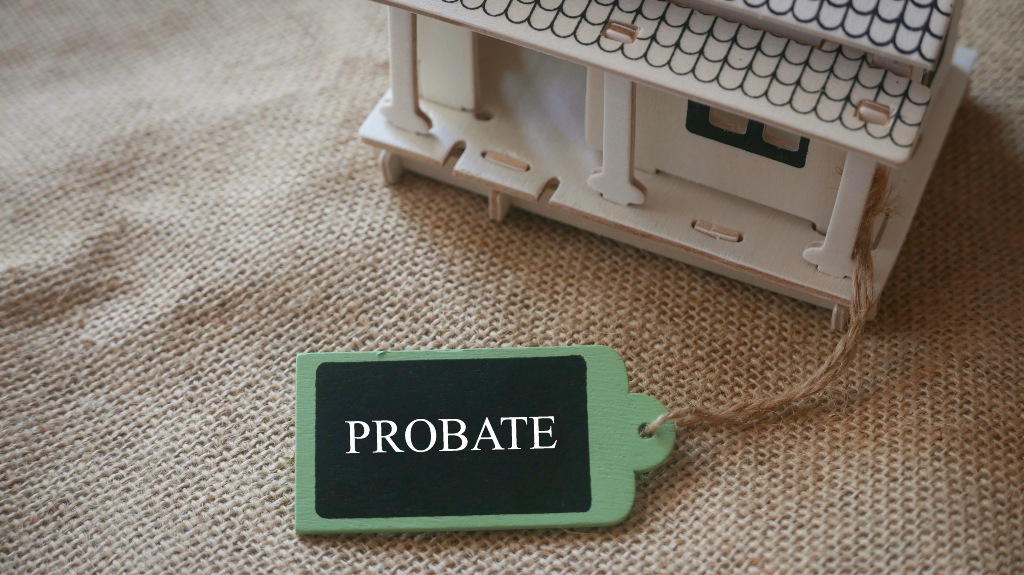
When you are creating an estate plan, more than likely, you will want to avoid probate. This process can be a long, arduous, and an expensive proceeding. Along with that, this can be a difficult experience for your beneficiaries. If you want to look for a better way to provide for your loved ones, it may be time to think about a trust.
But does a trust avoid probate in Illinois? Here are a few answers for you.
Trusts and Avoiding Probate
Many people want to avoid probate because it can be a hassle for beneficiaries. They will need to attend hearings, hire legal help, and wait to receive their assets. However, most trusts are designed to bypass the entire process, providing beneficiaries with a better way of getting their assets.
Let’s take a look at a few options.
A living trust is also called a revocable trust. It allows you to transfer your assets throughout your lifetime. Since you are the creator, you can act as the trustee and maintain full control of all assets. However, after you pass away, the successor trustee will take control and manage it according to your wishes.
Yes, you can bypass the probate process with this trust. With that, the assets will be transferred per your instructions, which will be a smoother transition for your heirs. Many individuals choose living trusts because of their flexibility. These trusts can be revoked or modified during your lifetime, so you always have the option to make changes if your life circumstances change.
Another option is an irrevocable trust. Once established, these trusts cannot be revoked or changed. They are used to protect assets from creditors and avoid probate.
Keep in mind that only the trustee can manage assets according to the terms once they are transferred into this trust. These trusts are a little more complicated to set up and often require the assistance of an estate planning attorney. Some of other common types include:
- Irrevocable Life Insurance Trust (ILIT): This trust holds life insurance policies outside of your estate for estate tax purposes.
- Charitable Remainder Trust (CRT): This one provides income to beneficiaries while benefiting a charity.
- Special Needs Trust: This option supports individuals with disabilities without affecting their eligibility for government benefits.
What About Testamentary Trusts?
Testamentary trusts are created through an individual’s will. They become effective after a person’s death. These trusts will go through probate. During those proceedings, the assets are transferred into the trust.
Testamentary trusts often provide for minor children or beneficiaries with specific needs. In these cases, the trust assets are managed by a trustee until the beneficiary reaches a certain age or meets specific conditions.
While most people choose trusts because they avoid the probate process, a testamentary trust will not do that. So, that means your intended beneficiaries will have to deal with the costs and delays associated with these proceedings.
Find the Right Trust for Your Estate
Does a trust avoid probate in IL? Yes, most trusts can avoid probate in Illinois. However, some, like a testamentary, may still have to proceed through the process. When choosing a trust, you need to consider your goals, family situation, and financial circumstances.
At Bielski Chapman, LTD, we can help you find a trust that meets your specific needs and objectives. If you would like to learn more about the estate planning process in Illinois, contact us today. You can also schedule an appointment by calling (312) 583-9430.
